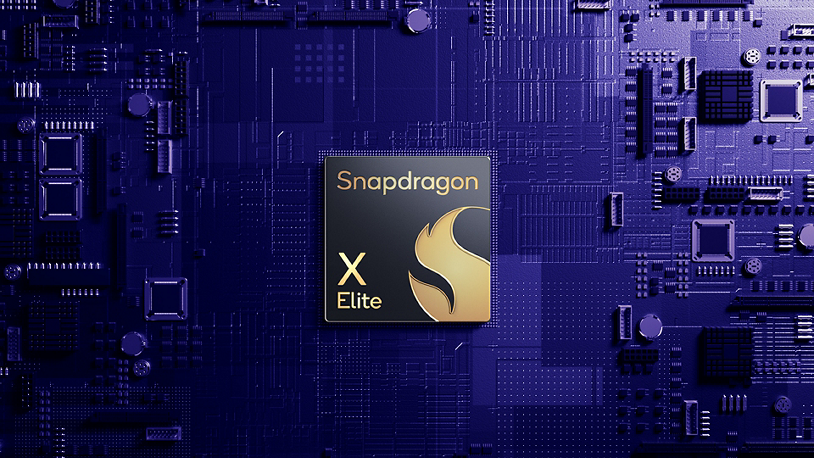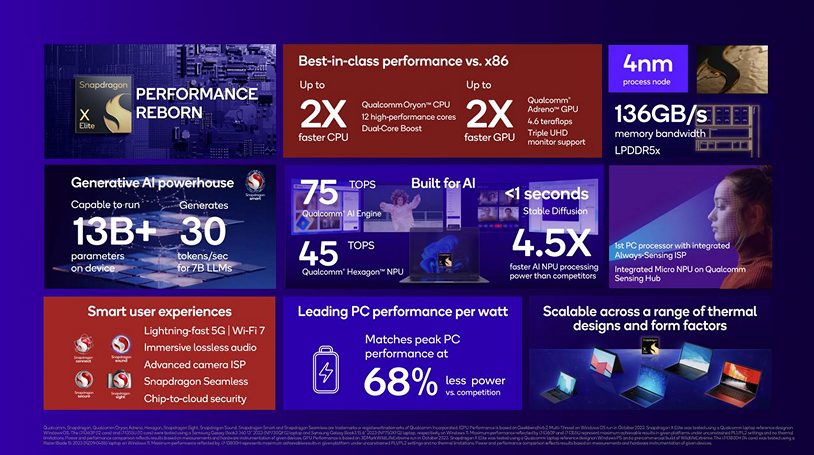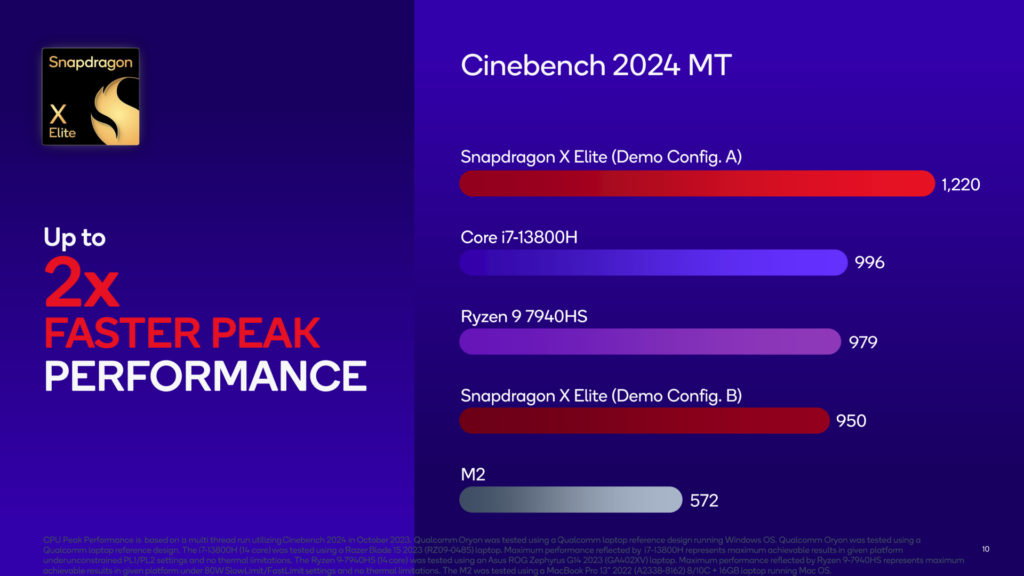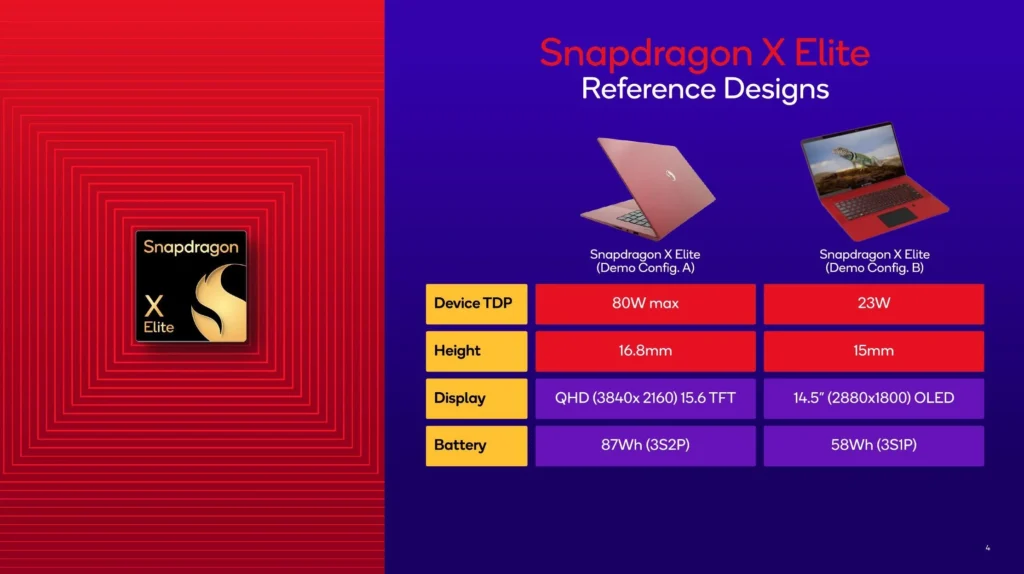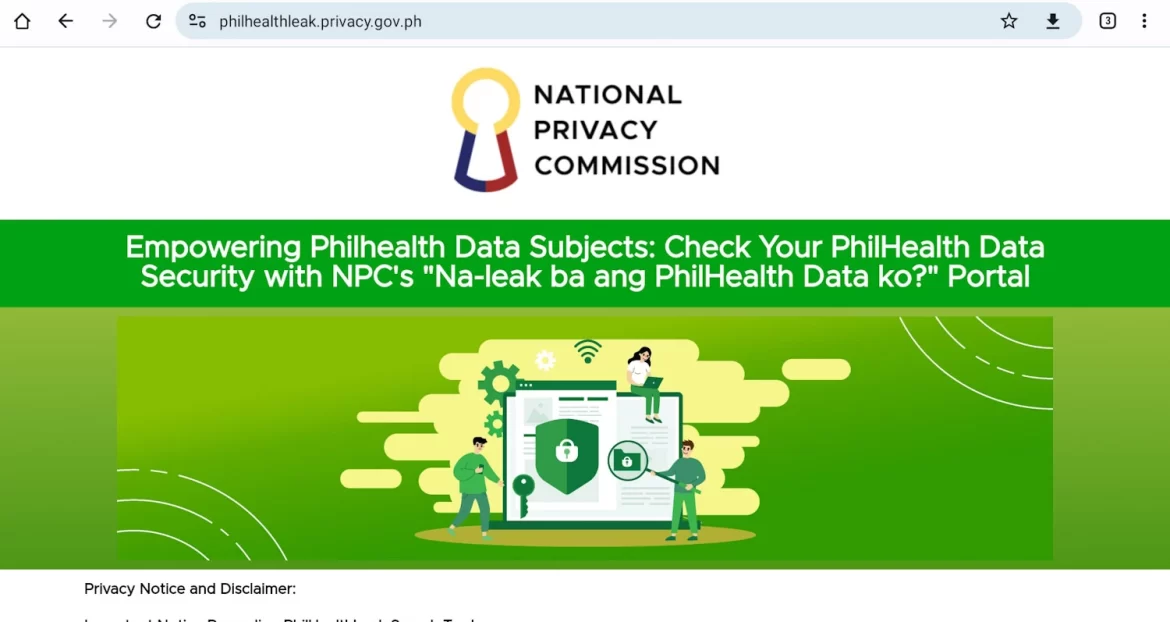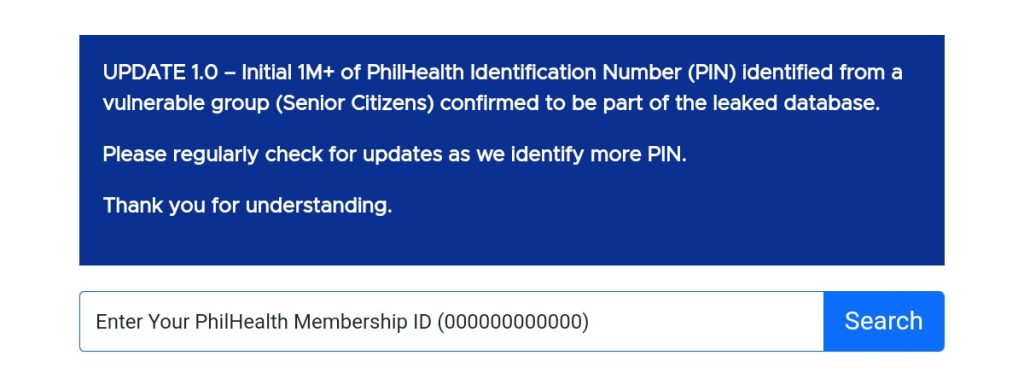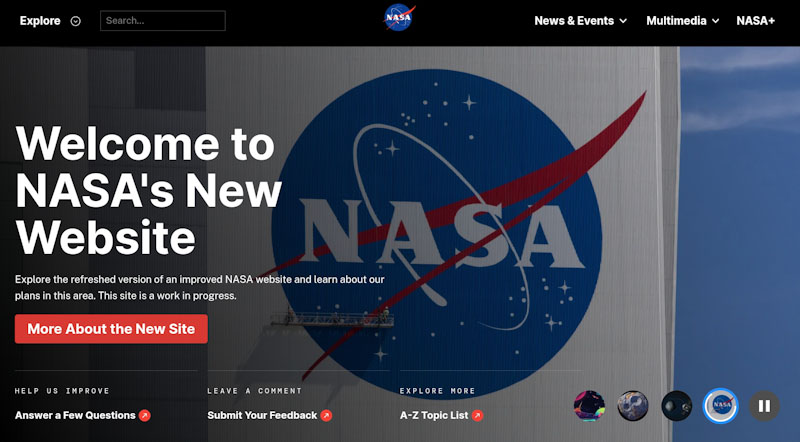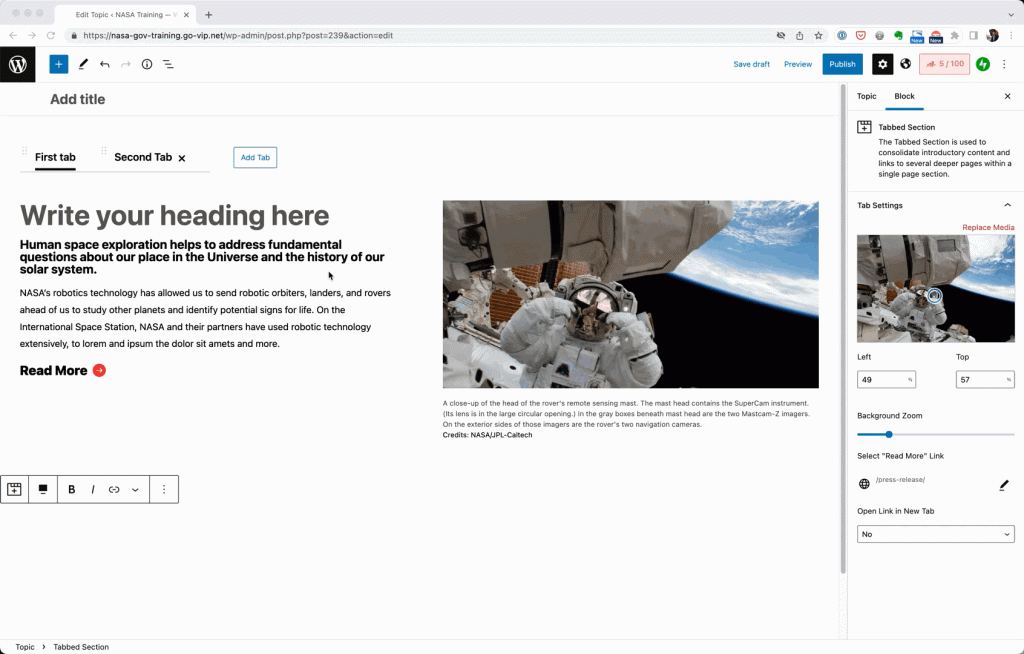The rise of cyber threats looms larger than ever. By 2027, the projected cost to fortify networks, data, and systems against these threats is a staggering 23 trillion dollars globally. This alarming figure underscores the urgent need for organizations to adopt advanced, cost-effective, and efficient security measures.
Unveiling the Guardians: Best AI-Powered Cybersecurity Platforms
Darktrace: Versatile Guardian of Digital Assets
Darktrace stands as a beacon of cybersecurity innovation, offering versatile protection for digital assets across industrial ecosystems of all sizes. Its machine learning algorithms meticulously analyze network data threats, detecting any deviation from normal behavior. The result? A comprehensive suite, the Enterprise Immune System, safeguarding against email phishing and cloud environment threats.
CrowdStrike: AI's Core Defender in the Cloud
CrowdStrike, a futuristic force in cloud protection, unleashes Falcon, an AI-based security software. Falcon not only detects threats but conducts in-depth investigations, fortifying the security network. Its remote operations serve giants in healthcare, finance, and retail, providing endpoint access and vision to thwart security breaches in the company’s cloud space.
Vectra: Real-Time Vigilance Against Cyber Attacks
Vectra adopts a unique approach by combining machine learning, data science, and human intelligence. Cognito, its flagship product, automates the collection, detection, and prioritization of security alerts, responsive to both multi-cloud and hybrid enterprises. Integrated encryption enhances incident investigation, offering a robust defense against evolving cyber threats.
SparkCognition: AI's Multifaceted Shield
SparkCognition emerges as a leading AI-based cybersecurity provider, offering automated cybersecurity solutions to diverse industries. Its unique feature lies in tackling novel threats without identifiable signatures, providing worker database protection and using patented machine learning algorithms tailored to specific industry needs.
SentinelOne: Lightning-Speed Guardian on Forbes' List
Included in Forbes' top 50 autonomous cybersecurity companies, SentinelOne's Singularity platform excels in threat detection, response, and prevention. Powered by a Large Language Model Based Natural Language Interface, it ensures lightning-speed action, handling a colossal workload. The platform's uniqueness lies in its efficiency, simplicity, and accuracy.
ThreatCloud AI: Unveiling the Modern Cybersecurity Brain
A brainchild of Check Point Infinity, ThreatCloud AI boasts 40+ AI and integrated machine learning technologies. This fifth-generation AI-powered cybersecurity solution provides unparalleled visibility and control over cloud networks. Noteworthy features include Zero-Day Phishing detection and advanced capabilities in identifying unknown malware, enhancing overall security.
Acronis Cyber Protect: AI's Integrated Shield
Acronis Cyber Protect integrates AI and cybersecurity seamlessly, offering a comprehensive solution. With features like Integrated Anti-Ransomware Technology, URL filtering, and patch management, it ensures robust protection against evolving threats. The tool's versatility is highlighted by its ability to handle vulnerability assessments and compatibility issues.
Deep Instinct: AI's Defense Against Zero-Day Exploits
Renowned for its protection against zero-day exploits, Deep Instinct's cybersecurity platform utilizes Deep Learning technology. Its artificial brain, patented by five international patents, excels in detecting and preventing malicious attacks with exceptional accuracy. Each instance of endpoint protection costs between $50 to $75.
LogRhythm NDR: Unified Security Platform with Swift Detection
LogRhythm NDR, a Colorado-based company, offers a unified security platform with minimal response time. Utilizing core machine learning, it detects threats and abnormal behavior, providing real-time visibility. Subscription plans, ranging from $30,000 to $40,000, cater to diverse needs with various models and pricing options.
Cybereason: AI's Response Platform Against Cyber Attacks
Cybereason, a Boston-based cybersecurity company, has carved a niche with its advanced AI-powered threat hunting and analysis functionalities. Offering panoramic visibility of security threats, it identifies and stops malicious actions in real-time. Priced at $50 per endpoint, it stands as a future-ready unified endpoint protection solution.

The Imperative Role of AI in Cybersecurity Platforms
Cybersecurity, a critical practice in safeguarding networks, devices, and information against unauthorized access, has become indispensable. As cybercriminals evolve and introduce advanced threats, AI plays a pivotal role in fortifying cybersecurity efforts.
AI's Crucial Roles in Cybersecurity Platforms
Threat Detection and Prevention (IDS/IPS)
AI-powered Intrusion Detection Systems and Intrusion Prevention Systems act as digital security guards, monitoring network traffic and identifying suspicious activities with unmatched efficiency.
Malware Detection and Analysis
AI-driven malware detection tools use machine learning to swiftly identify and understand new and evolving malware strains, minimizing potential damage.
User and Entity Behavior Analytics (UEBA)
AI analyzes user behavior, flagging deviations to alert administrators about potential breaches, enhancing proactive threat response.
Automated Incident Response
AI automates incident response, analyzing threats to decide whether immediate action is required, reducing response time and limiting potential damage.
Predictive Analysis for Threat Intelligence
AI analyzes massive amounts of data, identifying emerging threats and recognizing trends, enabling proactive cybersecurity measures.
Choosing Your Guardian in the AI Realm
In the face of escalating cyber threats, the above AI-powered cybersecurity platforms stand as sophisticated and effective defenders. Their diverse features and capabilities cater to different security needs. Select the platform aligning with your company's requirements and budget, ensuring a fortified online security posture. Explore these platforms through free trials for a comprehensive understanding of their offerings. For additional security measures, consider exploring top-tier CyberSecurity compliance software to further enhance your digital resilience. In the realm of AI-driven cybersecurity, vigilance is key, and choosing the right guardian can make all the difference.



